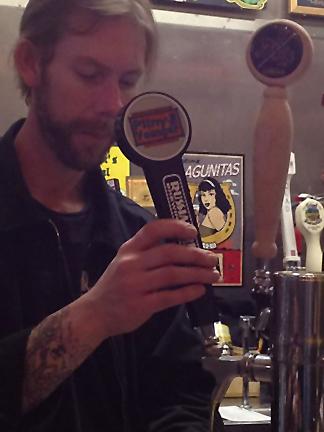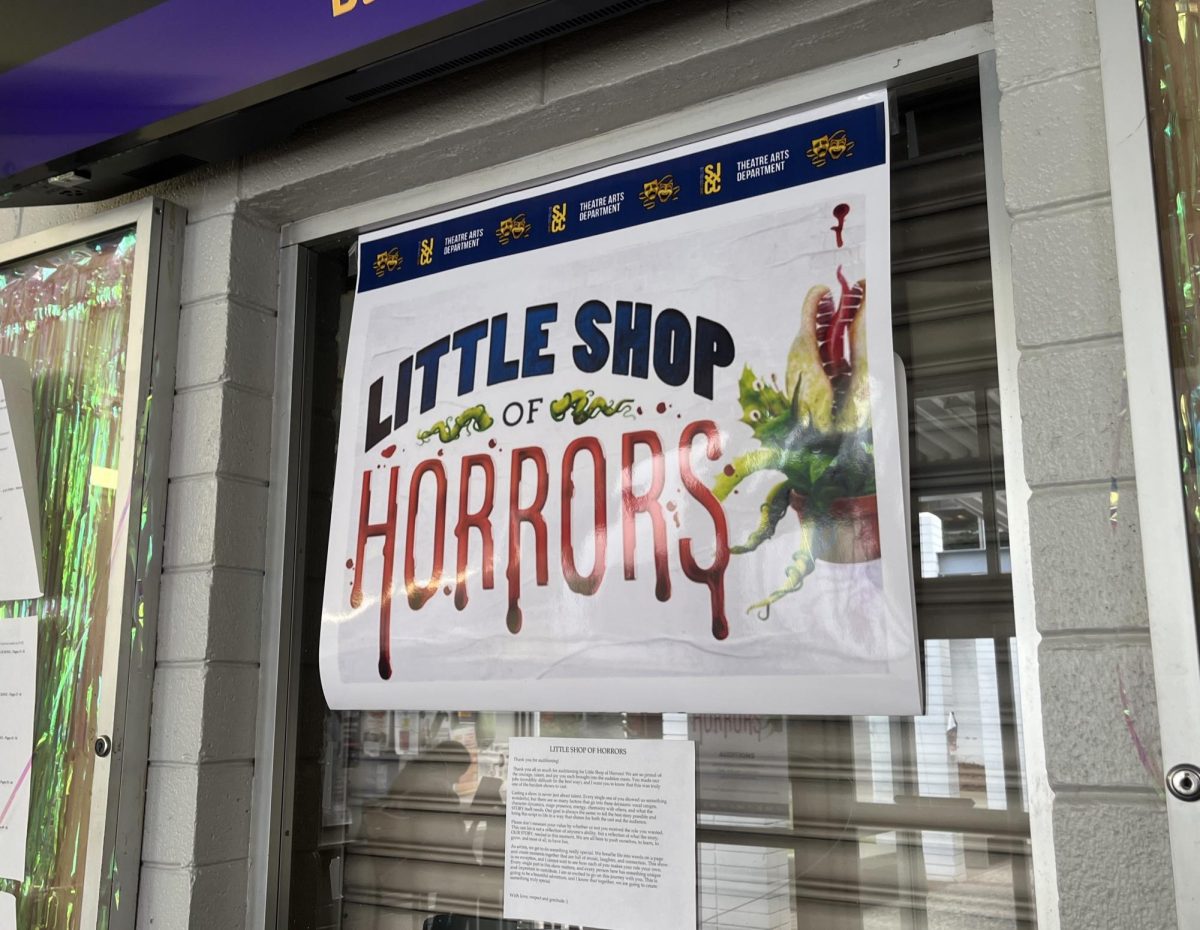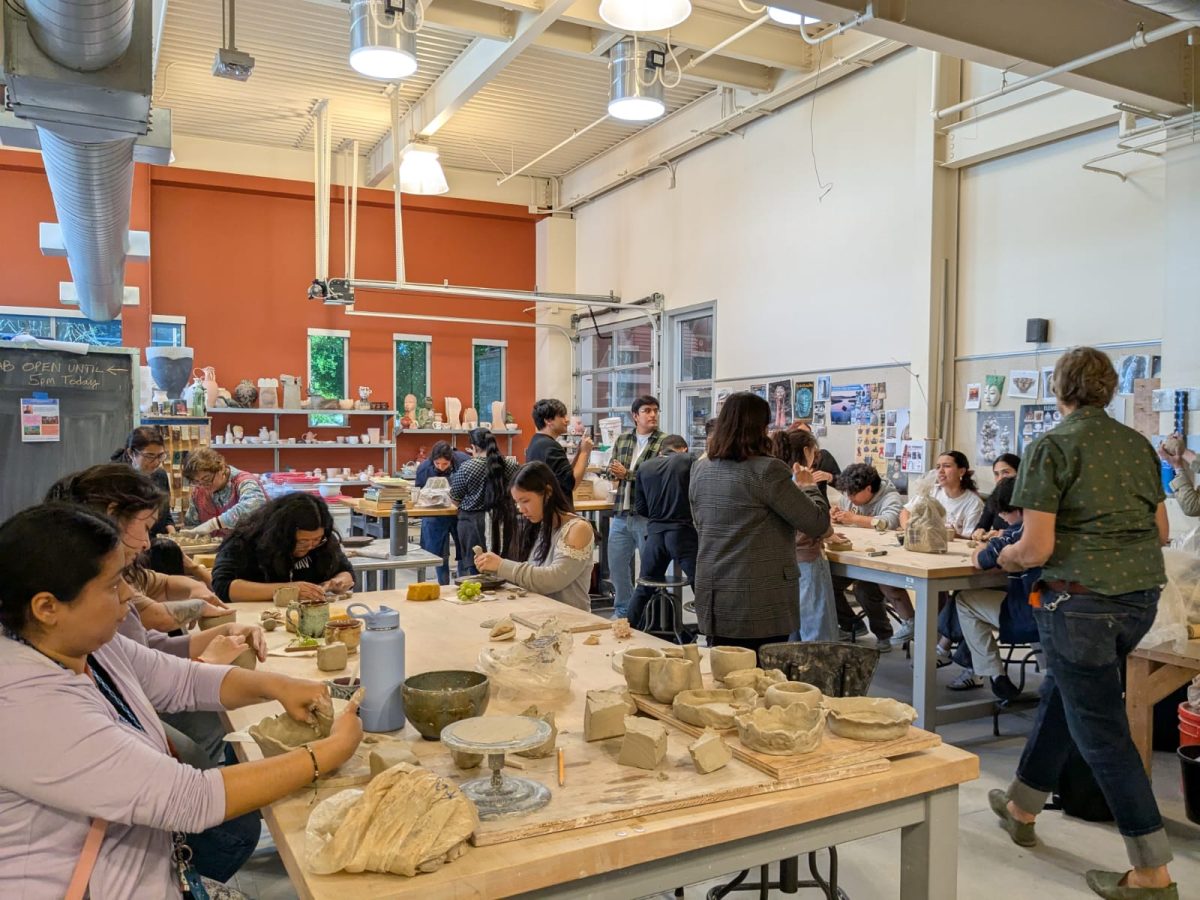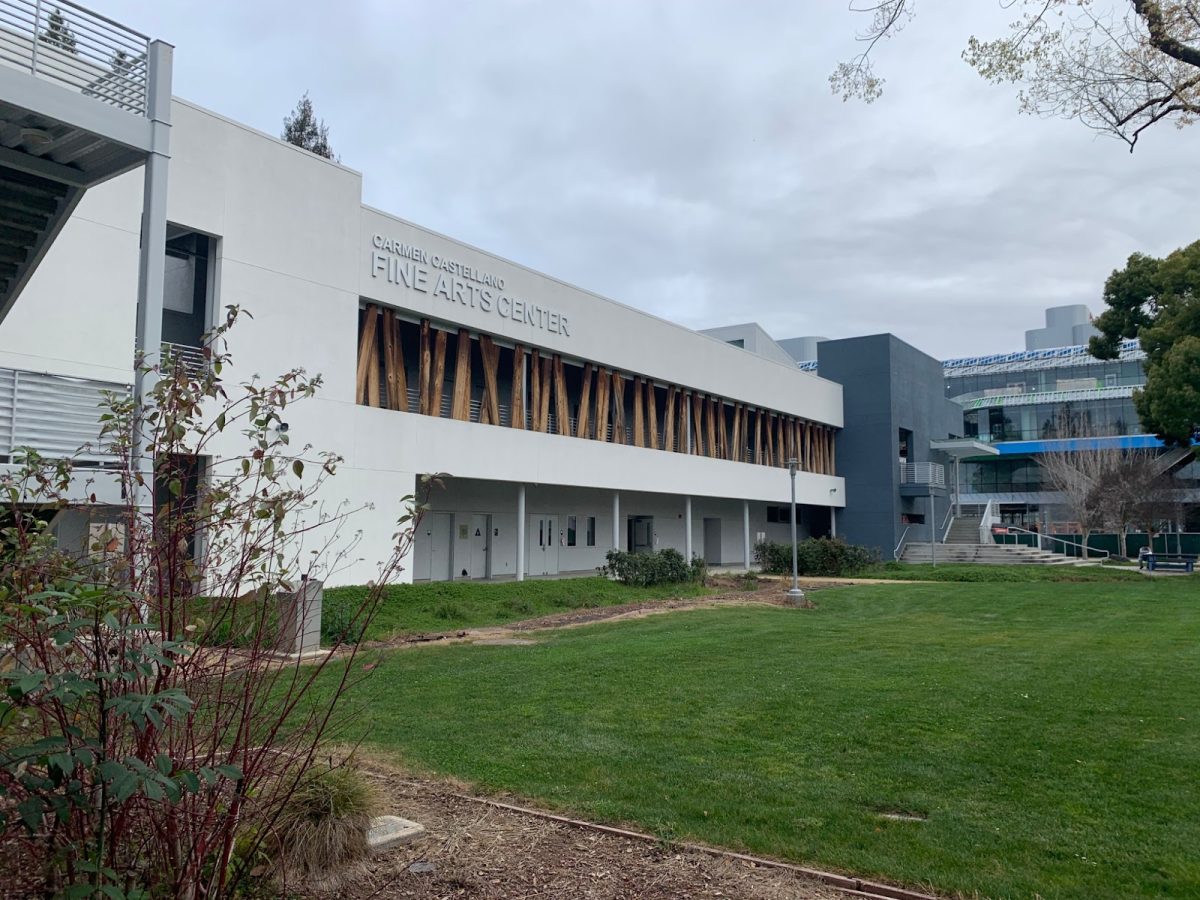
“Vegans save lives,” reads the sign above the deli counter at Good Karma vegan cafe in downtown San Jose. To an omnivore, those words might sound a bit like a catchy phrase used to instill a sense of guilt as they walk through the doors, but to vegans and vegetarians, it is a way of life.
From the time they make the decision to become vegan, be it by a conscious decision or a bad experience with a meat related food product, vegans and vegetarians take into account everything that ends up on their plate.
Vegetarians do not eat meat, although they still eat animal related products, such as milk and eggs. Vegans, on the other hand, have an entirely plant derived diet, with no animal products at all.
“Being vegan is super hard,” said Sameer Rahman, 20, Good Karma patron. Rahman said he is not vegan himself, but he knows vegans in his hometown of Felton. He said vegans “have a lot less to choose from to eat.”
Ryan Summers, 35, the owner of Good Karma and a vegan of 15 years, said he gets all of the nutrients he needs from his vegan diet. “Between legumes and tofu I get tons of protein,” Summers said, “I do exceptionally well on a vegan diet.
Some people change their eating habits when they find out how their food is being made and out of what. Erin Salazar, 24, who is vegetarian, stopped eating meat after she took classes on environmental law and sustainable agriculture, and she said what she found out about the farming industry really upset her and made her rethink what she eats.
Salazar said the only downside to being a vegetarian is when she goes to someone else’s house and she has to say, “Sorry, I don’t eat pork, I don’t eat lamb and I don’t eat fish. That part is a little hard because you want to be polite, but at the same time, you can’t eat this.”
Being vegan is not for everyone though.
“Every body type is different,” Summers said. “You have to just listen to your body and do what it tells you to.”






